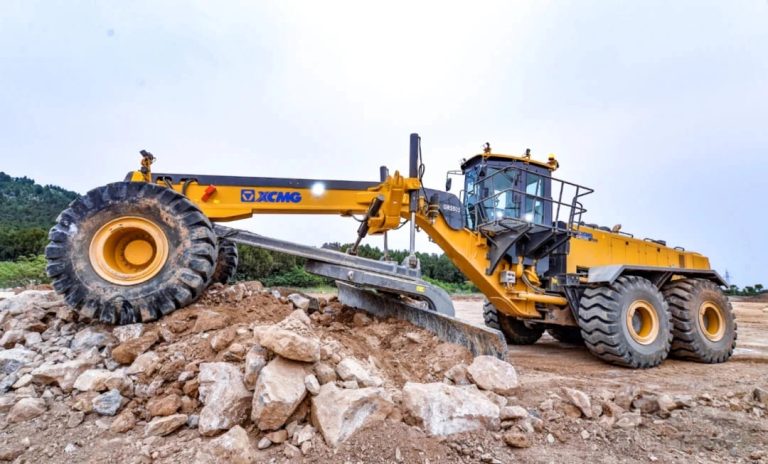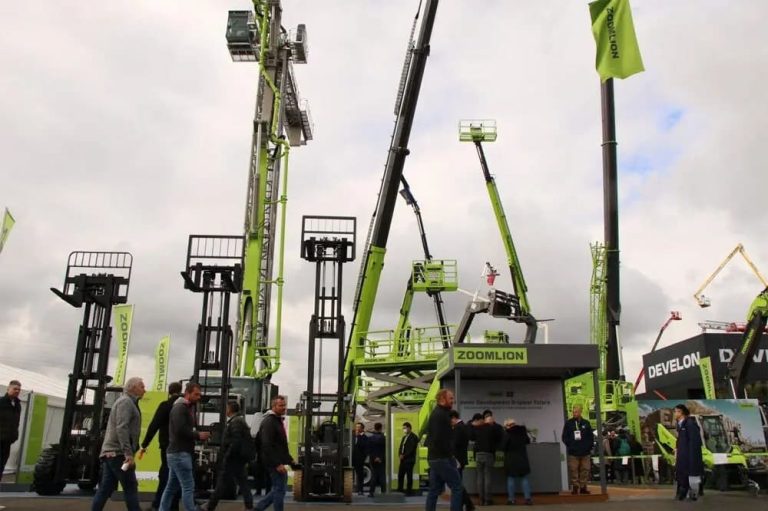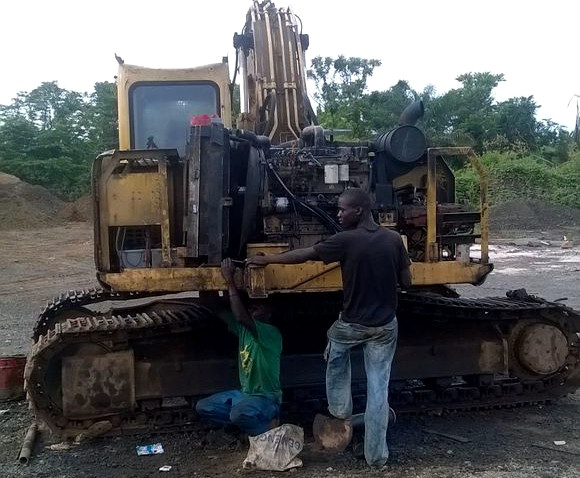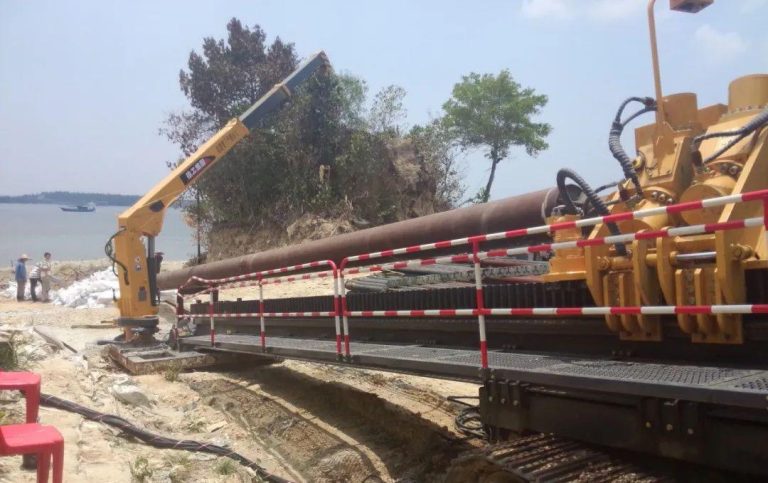Introduction
As Nigeria’s economy grows and urbanization accelerates, the importance of the engineering machinery industry in the country becomes increasingly evident. As one of the largest economies in Africa, Nigeria has a significant demand for engineering machinery in infrastructure construction, energy development, and housing construction. However, the development of this industry is not without challenges, and there are many directions and considerations to be aware of. This article will analyze the direction of development and considerations for Nigeria’s engineering machinery industry to help related companies and investors better grasp market trends.
1. Infrastructure Construction as the Main Driving Force
Infrastructure construction is the primary force propelling the development of Nigeria’s engineering machinery industry. According to plans by the Nigerian government, numerous road, bridge, port, and airport construction projects will be initiated in the coming years. The implementation of these projects will undoubtedly drive the demand for engineering machinery. Therefore, companies should closely monitor government-released infrastructure project information and adjust production and sales strategies in a timely manner.
2. Abundant Natural Resources Provide Broad Market Space
The rich natural resources of Nigeria offer a vast market space for the engineering machinery industry. The development of oil, natural gas, and mineral resources requires a significant amount of excavation machinery, transportation equipment, and processing equipment. Companies can develop specialized equipment for these specific fields to enhance product targeting and competitiveness.
3. Housing Construction as a Key Factor
Housing construction is also an important factor driving the demand for engineering machinery. With population growth and urbanization, the demand for housing in Nigeria continues to rise. This provides opportunities for the sales of construction machinery, concrete mixers, tower cranes, and other equipment. Companies should consider how to meet the diversified market demands through technological innovation and service enhancement.
Challenges and Considerations
A. Policy Environment Changes
The policy environment in Nigeria may change based on the needs of economic development, such as adjustments in taxation and import tariffs, which can impact the engineering machinery industry. Companies need to closely monitor policy dynamics and respond in a timely manner.
B. Technology and Talent Challenges
Despite Nigeria’s large labor market, there is a relative shortage of highly skilled operators and maintenance personnel. While introducing advanced equipment, companies also need to strengthen training and technical support for local employees to ensure efficient operation and maintenance of equipment.
C. Financial Issues
Engineering machinery is usually expensive, and financing channels in Nigeria are limited, which may restrict the purchasing power of small and medium-sized enterprises. Companies can consider reducing customer financial pressure and expanding market share through financing leases and cooperative construction.
D. Intensified Market Competition
With the deepening of globalization, more international engineering machinery brands are entering the Nigerian market, increasing the competitive pressure on local companies. Companies need to enhance their competitiveness by improving product quality, optimizing after-sales service, and strengthening brand building.
Conclusion
In summary, the engineering machinery industry in Nigeria has broad development prospects but is also full of challenges. Companies need to closely monitor market dynamics, plan development strategies reasonably, and pay attention to risk avoidance to move forward steadily in this industry.






